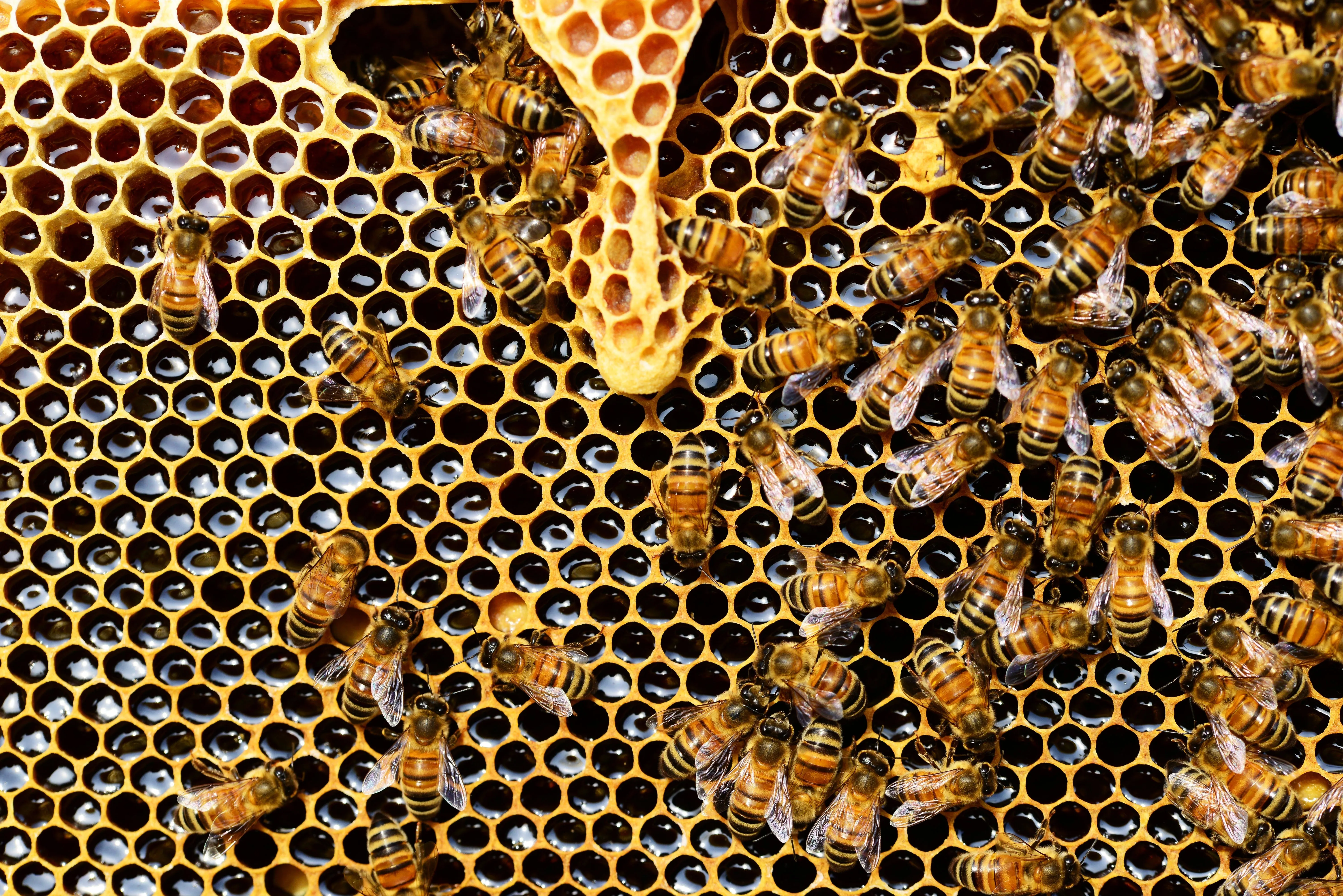Global Decline in Bee Populations Reversed by New Conservation Efforts
If you've ever stopped to smell the flowers or enjoyed a juicy piece of fruit, you owe a debt of gratitude to our tiny buzzing friends, the bees. These industrious insects are essential pollinators, playing a crucial role in our food chain. However, over the past few decades, bee populations worldwide have been declining at an alarming rate. The good news is that recent conservation efforts are starting to turn the tide.

A World Without Bees?
Imagine a world without the vibrant colors of blooming flowers, the taste of honey on your morning toast, or the variety of fruits and vegetables gracing your dinner table. Bees are responsible for pollinating more than one-third of the world's food crops, making them indispensable to our ecosystems and agriculture.
The Bee's Dilemma
For a while, it seemed like bees were facing insurmountable challenges. Pesticides, habitat loss due to urbanization and agriculture, climate change, and diseases were all contributing factors to their decline. It was a daunting problem, akin to trying to save a sinking ship with a teaspoon.
A Personal Connection
I remember growing up with a garden tended by my grandmother. She had an assortment of flowers, and I was always fascinated by the bees buzzing around. It was a serene and comforting sight. Fast forward to today, and I often see fewer bees in my garden. Their absence is a stark reminder of the global crisis these pollinators face.
The Reversal Begins
Despite the gloomy outlook, there's hope on the horizon. Conservationists, scientists, and communities worldwide have rallied together to address the decline in bee populations. Their efforts are starting to yield positive results.
1. Pollinator-Friendly Gardens
One of the simplest yet effective ways to support bee populations is by creating pollinator-friendly gardens. Planting bee-attracting flowers and avoiding the use of pesticides can provide a safe haven for bees in urban areas.
2. Bans on Harmful Pesticides
Several countries and regions have taken steps to restrict or ban the use of harmful pesticides known to harm bees, such as neonicotinoids. These actions help reduce the toxic burden on bee colonies.
3. Habitat Restoration
Efforts to restore natural habitats, such as wildflower meadows and hedgerows, provide bees with more forage options. It's like giving them a buffet of delicious nectar and pollen.
4. Public Awareness
Increased public awareness of the bee crisis has led to greater support for conservation initiatives. People are becoming more conscious of their actions and how they impact bee populations.
A Ray of Hope
As a result of these concerted efforts, some regions have seen a resurgence in bee populations. In the United States, for example, honeybee populations have shown signs of recovery in recent years. This positive trend is a testament to what can be achieved when we work together to address environmental challenges.
The Work Continues
While the progress is heartening, the battle to save our bees is far from over. Continued research, policy changes, and individual actions are essential to ensure that bee populations not only recover but thrive in the long term.
A Personal Commitment
Inspired by the bee-friendly initiatives, I've started my own small pollinator garden. It's a small step, but every flower planted and every pesticide avoided can make a difference. We can all play a part in this remarkable reversal of fortune for our buzzing buddies.
In conclusion, the global decline in bee populations is a crisis that affects us all. However, the recent conservation efforts and the positive outcomes we're beginning to see give us reason for hope. By working together and taking individual actions, we can ensure a brighter future where bees continue to thrive and contribute to our world's rich tapestry of life.

No comments:
Post a Comment